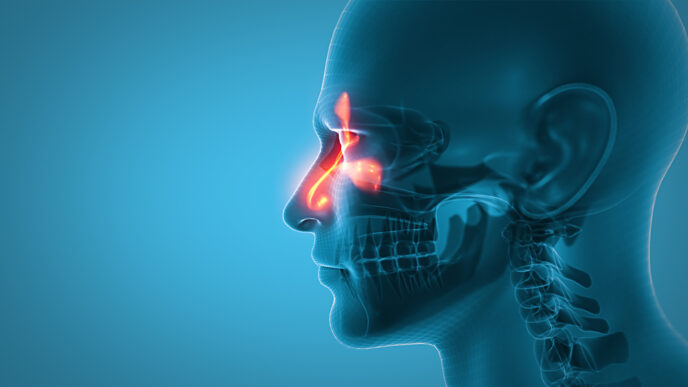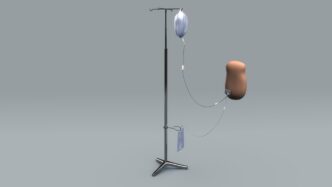Allergies are common, but many misunderstand what they really are. In this article, an allergy specialist breaks down the science behind allergic reactions, their triggers, and how to manage them effectively.
WORDS PANK JIT SIN
 FEATURED EXPERT FEATURED EXPERTDR KENT WOO CHEE KEEN Consultant Allergist and Immunologist The Allergy and Immunology Clinic Gleneagles Hospital Kuala Lumpur Website | Facebook | Instagram | YouTube |
We tend to think of allergies as something that develops during childhood and stays with us for life. It is rare to hear someone growing out of their allergies without any medical interference. These allergies include asthma, eczema, allergic rhinitis, hay fever and food allergies.
ALLERGY CAN ALSO DEVELOP WHEN YOU’RE AN ADULT!
According to Dr Kent Woo:
- Adult-onset allergy technically means a newly developed allergy during adulthood as opposed to childhood.
- He said: “Allergy can develop during all stages in life. However, it is more common to develop food allergies as a child and medication allergies as an adult.”
Nobody really knows why someone that is perfectly fine with a type of food can suddenly develop allergy to it later in life.
How Common Is It?
- Research looking at adult-onset food allergy claims that 5% of adults and 8% of children are affected by food allergies.
- A separate survey carried out in the US on over 40,000 adults reported that almost one quarter of adults reported developing adult-onset food allergy while about 55% noted they had childhood onset food allergies.
- This US survey also reported that the most common allergies reported by adults were shellfish, milk, wheat, tree nut, and soy, in that order.
Does Ethnicity Affect One’s Risk?
- Asians, Hispanics and persons of African descent are at higher risk of developing shellfish and peanut allergy than Caucasians.
- Another observation from the US survey mentioned above was that being female and getting older puts one at increased risk of developing adult-onset food allergy.
Some people may not recognize they have a food allergy and believe they are merely intolerant to it, thus not seeking help.
Cosmetic Allergy in Older Women?
|
TREATMENT OF ALLERGY
Dr Kent Woo mentions that said treatment towards all forms of allergy is primarily avoidance.
Allergy to Medications
- One can opt for desensitization therapy.
- The procedure is done by administering an extremely small dose of the medication to the patient.
- This dose is increased slowly at regular intervals until the full dose is achieved.
- Once the medication is discontinued, however, the patient will return to their previous allergic state.
Allergy to Airborne Allergens (Aeroallergens)
- Examples of common aeroallergens are dust, pollen or spores.
- A treatment called allergen specific immunotherapy can be done.
- The treatment is a disease-modifying therapy which is useful in treating allergic rhinitis and conjunctivitis, allergic asthma, and insect hypersensitivity.
It is very important that any treatment involving allergies be carried out by a doctor or specialist, specifically an allergist, as there is a risk of developing anaphylactic (life-threatening) reaction to the medication or treatment.
An allergist will be able to tailor a plan specific to your allergies.
| This article is part of our series on allergies and the management of these allergies. |
Reference: Jiang, J., Warren, C. M., Browning, R. L., Ciaccio, C. E., & Gupta, R. S. (2020). Food allergy epidemiology and racial and/or ethnic differences. Journal of food allergy, 2(1), 11–16. https://doi.org/10.2500/jfa.2020.2.200028














